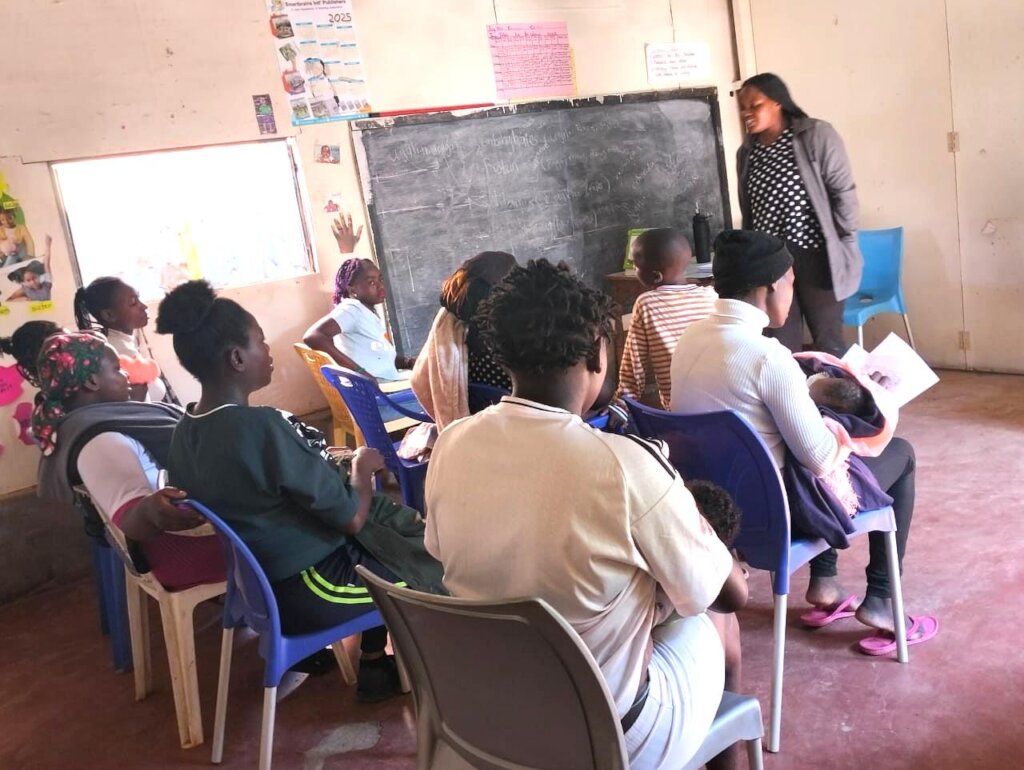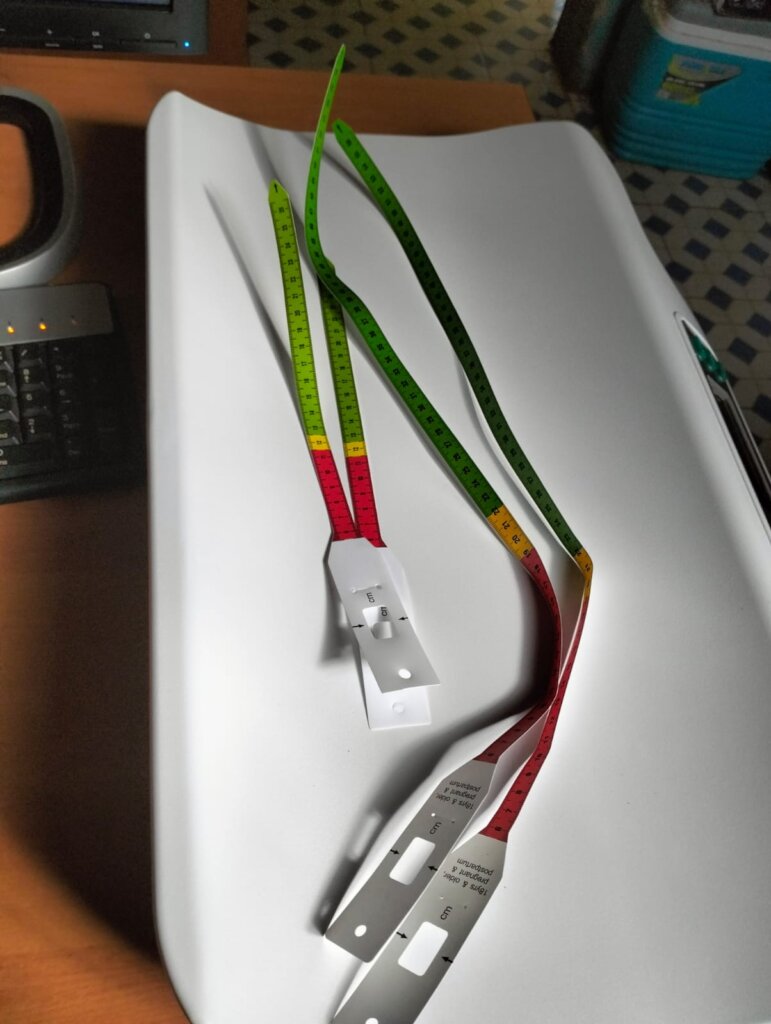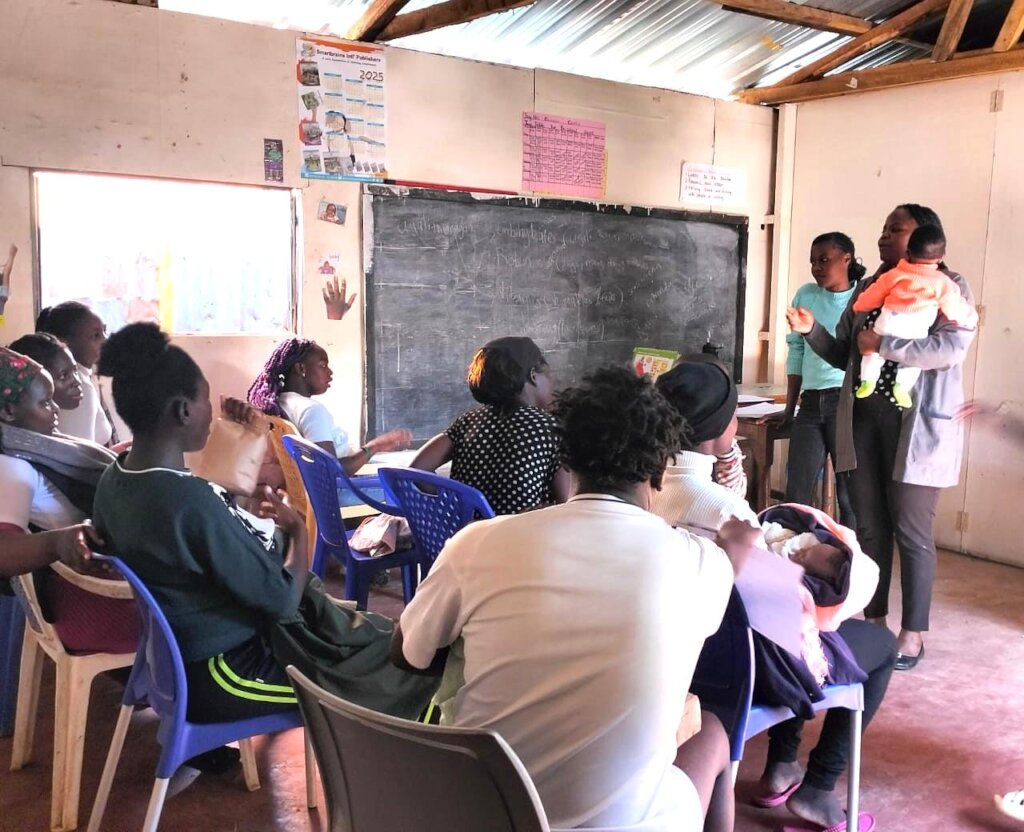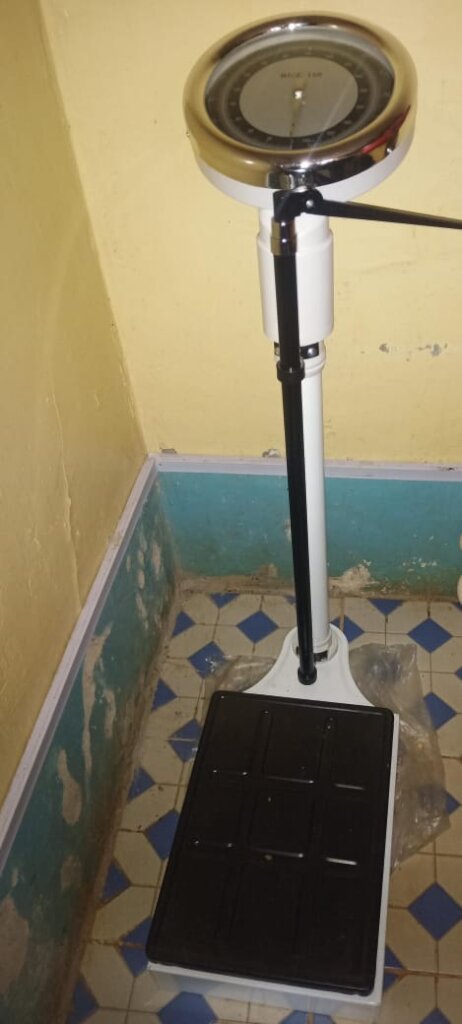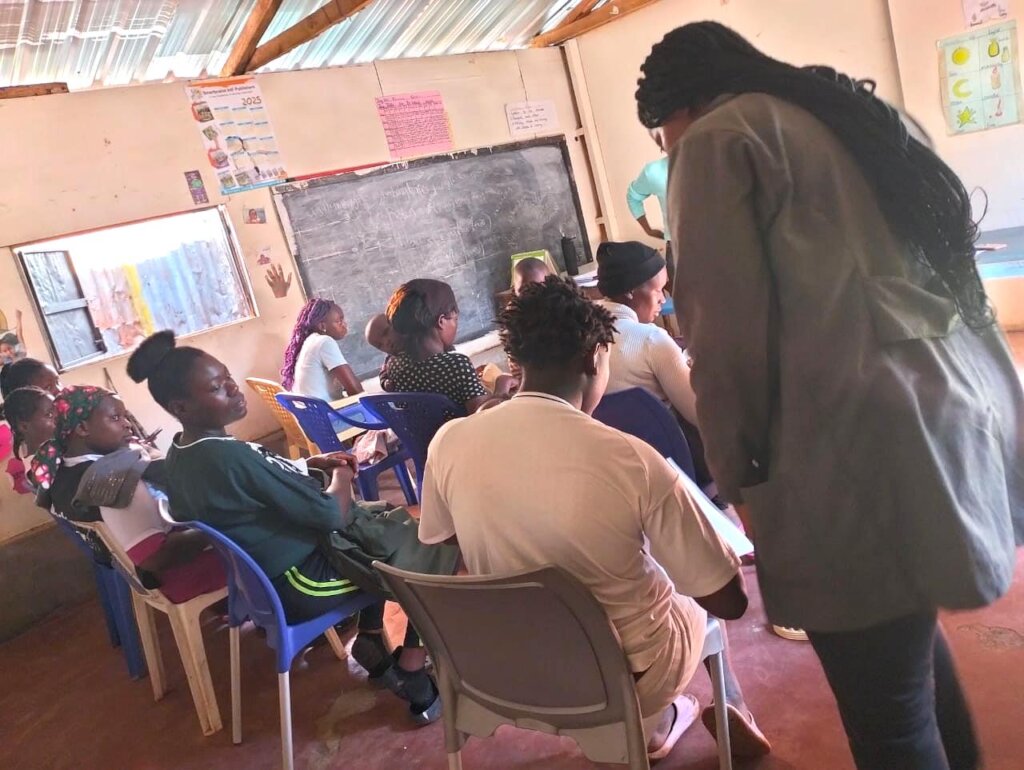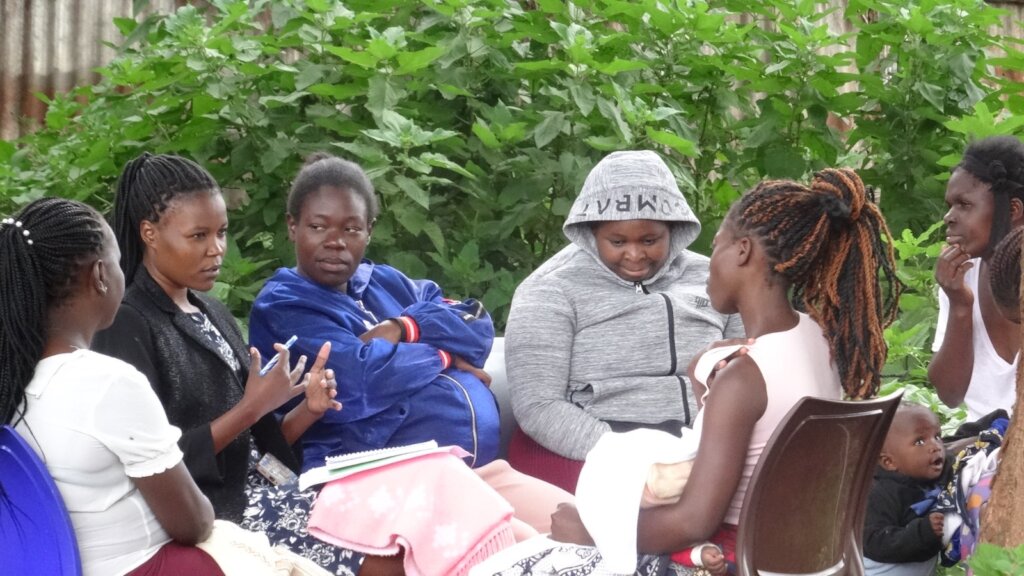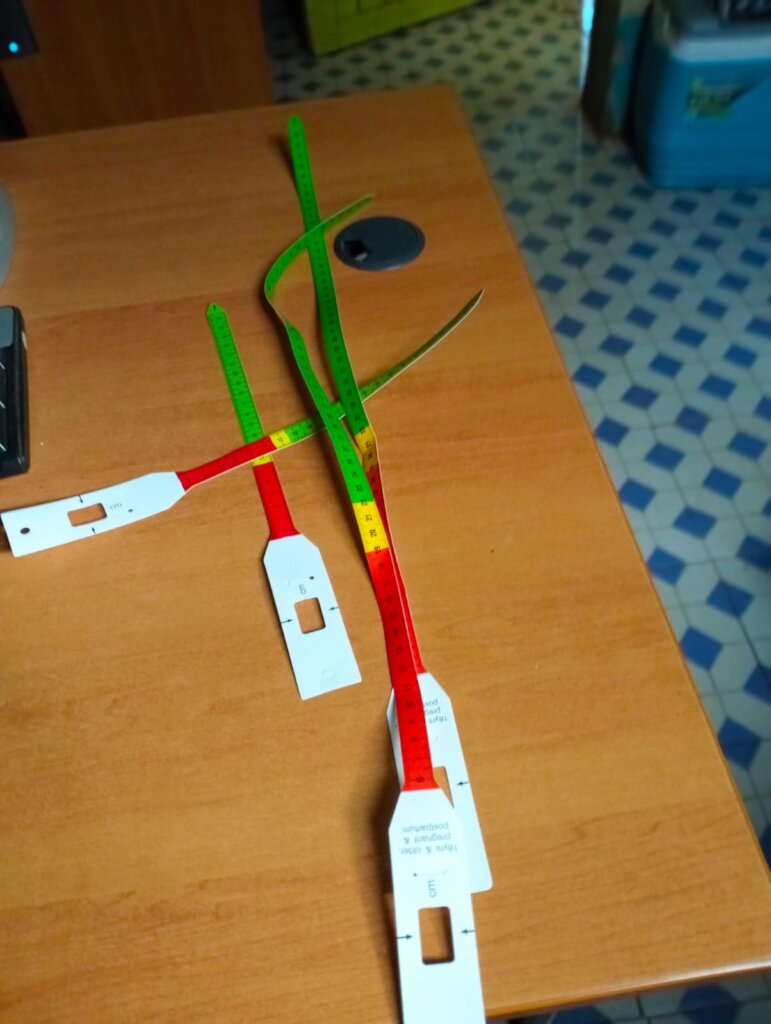Project Report
| May 3, 2025
Community Awakening Through Community Nutrition
![]()
1. Program Overview
The NGAO Foundation’s Emergency Family Relief Food and Nutrition Support Program aims to alleviate hunger and improve nutritional outcomes for vulnerable children and families in Nairobi’s informal settlements. This initiative aligns with Sustainable Development Goal 2, focusing on ending hunger, achieving food security, and improving nutrition.
Key components of the program include:
- Weekend and Holiday Feeding Program: Provides nutritious meals to children registered under the foundation every weekend and during school holidays.
- Prelact (Pregnant and Lactating Mothers) Project: Offers education, emotional support, and nutritional guidance to pregnant and lactating mothers, emphasizing exclusive breastfeeding and maternal nutrition.
- Emergency Food Relief: Distributes food hampers and nutritional porridge flour to families facing acute food insecurity.
2. Monthly Breakdown
January 2025
- Implemented a new data protection consent system, requiring guardian consent for children to receive meals. This led to an initial drop in attendance.
- By Week 4, 112 children were registered, and awareness and consent uptake improved.
- Volunteers were briefed to enhance efficiency and coordination.
February 2025
- Attendance stabilized, averaging 110–130 children weekly.
- Introduced a rotation system for kitchen volunteers, assigning three per Saturday to balance the workload.
- Improved meal preparation timing to ensure food readiness before peak serving hours.
- Addressed volunteer coordination challenges with a structured duty roster.
March 2025
- Maintained steady attendance with an average of 120–140 children per week.
- Enhanced kitchen workflow, resulting in faster meal service and reduced food wastage.
- Conducted a feedback session with volunteers to improve teamwork and accountability.
- In the last week of March, attendance surged to 250 children, indicating growing awareness and demand.
April 2025
- Conducted feeding programs every day throughout April.
- Scheduled three to four volunteers each day for meal preparation, serving, and kitchen cleaning.
- Provided food to a total of 576 children daily, with variations due to weather and school holidays.
- Only children with signed guardian consent forms received meals, adhering to program guidelines.
3. Prelact Project Report
Overview
The Prelact Project supports pregnant and lactating mothers through education, emotional support, and practical guidance on maternal and infant nutrition, with a focus on exclusive breastfeeding. This initiative is crucial in improving maternal knowledge and confidence, leading to healthier outcomes for both mothers and babies.
Activities Conducted
- Registered 12 mothers (2 pregnant and 10 lactating).
- Held weekly sessions every Wednesday from 2:00 PM to 4:00 PM, averaging 6–10 mothers per session.
- Conducted home visits for individual counseling and follow-up.
- Partnered with local clinics to identify and refer eligible participants.
Support Provided
- Each session included interactive teaching, emotional check-ins, and Q&A time.
- Participants received porridge flour after every session to support home nutrition.
Participant Feedback
- Mothers reported improved understanding of breastfeeding and newborn care.
- Expressed appreciation for the nutritional support provided.
Achievements
- Increased community engagement and interest in the program.
- Improved knowledge and practices among mothers regarding exclusive breastfeeding.
- Strengthened relationships with local health partners.
Challenges
- Cultural beliefs and misinformation are impacting some mothers’ decisions.
- Limited resources for transport are hindering timely follow-up and outreach.
Recommendations
- Increase outreach efforts to involve more mothers and address persistent myths.
- Explore options for transport support to improve home visit coverage.
4. Key Achievements
- Successfully implemented a structured registration system, enhancing data protection and accountability.
- Increased meal accessibility for children as guardian awareness improved.
- Enhanced volunteer coordination, ensuring efficiency in meal preparation and service.
- Maintained a consistent meal service, supporting vulnerable families in the community.
- Successfully managed increased attendance, particularly in the last week of March.
5. Challenges & Solutions
- Challenge: Initial resistance to the new registration system.
Solution: Conducted sensitization meetings with guardians to improve understanding and consent form returns.
- Challenge: Inconsistent volunteer attendance is affecting workflow.
Solution: Implemented a duty roster and rotation system to improve accountability and consistency.
- Challenge: Limited funds impacting meal variety.
Solution: Employed creative planning with available ingredients to maintain nutritional value.
6. Recommendations
- Strengthen Community Engagement: Increase awareness efforts to ensure all children obtain consent from guardians.
- Enhance Volunteer Training: Conduct regular briefings to improve effectiveness and teamwork.
- Seek Additional Funding: Partner with donors and well-wishers to support meal variety and sustainability.
- Improve Monitoring & Evaluation: Introduce a simple data tracking system to analyze attendance trends and meal impact.
7. Conclusion
The Emergency Family Relief Food and Nutrition Support Program has made significant strides in providing consistent meals to vulnerable children and supporting pregnant and lactating mothers through the Prelact Project. Despite challenges, strategic improvements have led to better service delivery and increased community engagement. The sharp increase in attendance in March underscores the program's growing impact. Continued support and enhancements will further strengthen the program’s effectiveness in the coming months.
![]()
![]()
![]()
![]()
![]()
![]()
![]()
![Share on Twitter]()
![Share on Facebook]()
